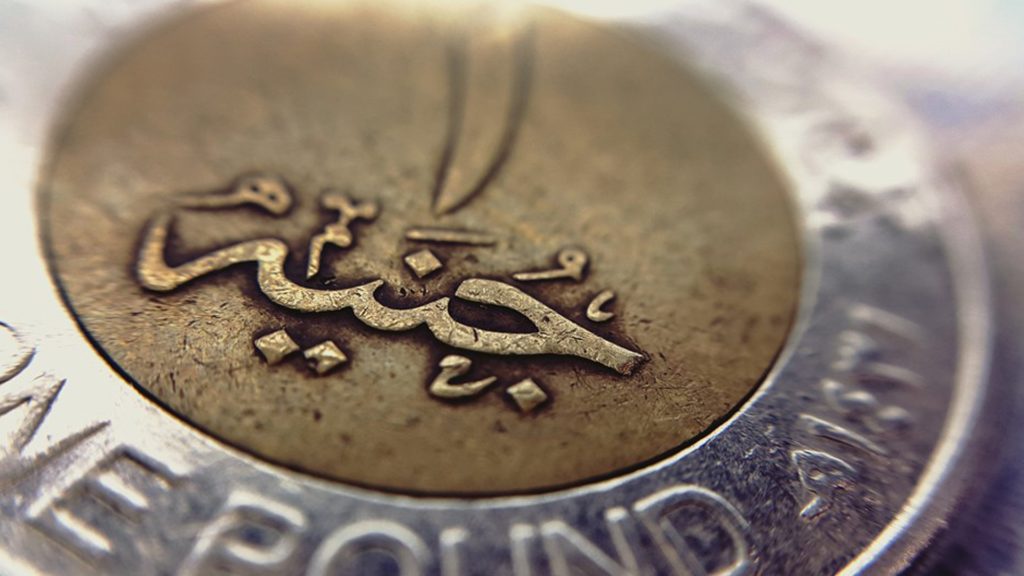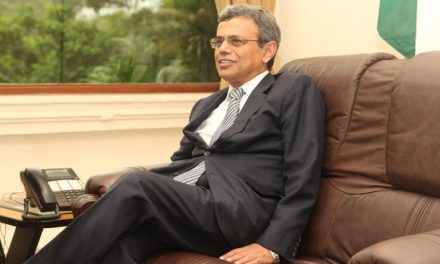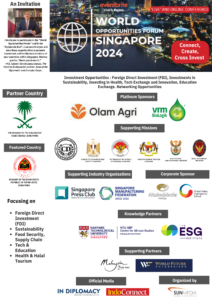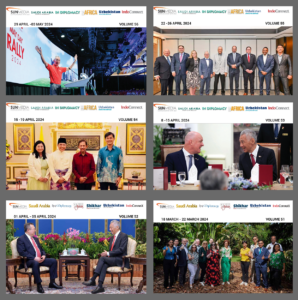
On Tuesday, February 21, Egypt began the issuance of its first sovereign bonds, known as Islamic sukuk. The Islamic sukuk primarily appeals to GCC market investors who prefer to place their money in a security that complies with Islamic law.
Egypt started issuing its first sovereign bonds on Tuesday, February 21, known as Islamic sukuk, in a currency dominated by the US dollar in an effort to close the anticipated financing gap over the following four years. These bonds have a three-year maturity.
The Islamic sukuk primarily appeals to GCC market investors who prefer to place their money in a security that complies with Islamic law.
Bloomberg reports that the initial yield on this issuance is greater than 11.6 percent.
Egypt has entrusted the management of the issuance process to HSBC, Crédit Agricole, Emirates NBD, First Abu Dhabi Bank, Abu Dhabi Islamic Bank, and City Group.
The International Monetary Fund (IMF) estimated that Egypt’s financing gap would reach $17 billion over the course of the deal’s four-year program under their new $3 billion loan agreement.
Egypt is attempting to bridge this gap by obtaining additional loans from a number of international financial institutions (IFIs), including the IMF and World Bank, as well as selling a portion of state-owned assets with an initial target collection range of more than $8 billion by the end of the IMF-backed program.
Egypt is preparing to launch its initial public offering (IPO) program, in which 34 state-owned companies in 18 economic sectors will be listed on the Egyptian stock exchange and made available to strategic investors.
Egypt has depreciated its local currency by more than 100 percent and raised its key interest rates by a total of eight percent since the start of the Ukrainian conflict, resulting in an exodus of about $25 billion in indirect investments and a shortage of hard currency in the local market, particularly in the US dollar.
As rising inflation forced central banks around the world to tighten their monetary policies, particularly the US Federal Reserve and the European Central Bank, the capital market has seen significant volatility.
Sourced from Ahram Online




















